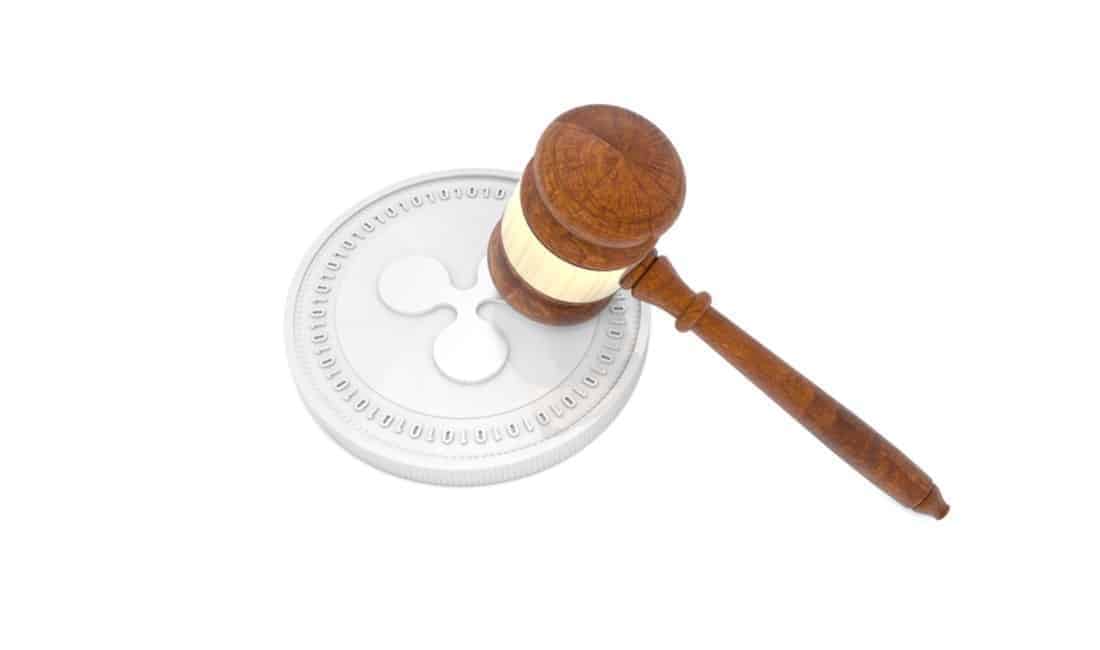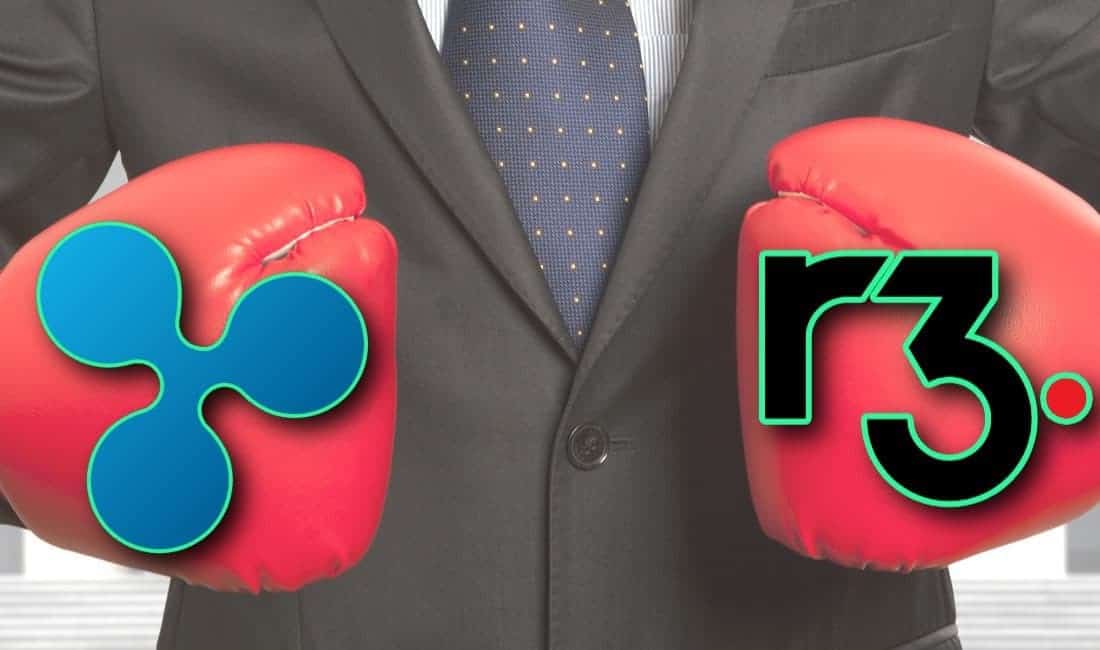Ripple’s XRP cryptocurrency is up by almost 4% today on the back of positive news. After one year of litigations, Ripple Labs and R3 HoldCo finally settled their disputes. The details of the settlement were not disclosed. However, it allows Ripple to put yet another lawsuit behind.
What Was Ripple and R3 Lawsuit About?
Last year, R3 HoldCo, a blockchain startup, filed a lawsuit against Ripple Labs. The lawsuit alleged that Ripple refused to keep its word on an options contract to buy XRP. In 2016, Ripple and R3 entered into a contract that would allow R3 to purchase up to 5.0 billion XRP tokens at $0.0085 until September 2019. However, since then the value of XRP tokens surged by over 3,000%. It’s worth mentioning that just earlier this year, XRP had a value of $3.60 apiece.
However, in June, Ripple’s CEO Brad Garlinghouse tried to terminate the contract. R3 claimed in the lawsuit that the contract didn’t include a termination option and wanted the court to force Ripple to stand by it. Ripple launched a counter lawsuit. It alleged that R3 didn’t deliver on another technology partnership. Therefore, Ripple asked the court to rule that the contracts were invalid. The partnership was supposed to allow Ripple to access R3’s network of banks.
Ripple and R3 Lawsuit Once Again Highlights the Need for Regulations
 Last year, a judge in Delaware ruled in favor of Ripple by dismissing R3’s lawsuit. However, the judge only said that the suit didn’t fall under the jurisdiction of the Delaware court. Even though Ripple and its supporters rejoiced at the decision, R3 continued the litigation in New York and California.
Last year, a judge in Delaware ruled in favor of Ripple by dismissing R3’s lawsuit. However, the judge only said that the suit didn’t fall under the jurisdiction of the Delaware court. Even though Ripple and its supporters rejoiced at the decision, R3 continued the litigation in New York and California.
It’s unclear why the judge made this decision. However, it’s worth mentioning that Ripple has been involved in a couple of other lawsuits. Basically, the lawsuits require the courts to rule that XRP tokens are considered securities. However, so far, the plaintiffs have been unsuccessful.
The lawsuits involving XRP as well as other cryptocurrencies are navigating through murky waters. This is mainly because cryptocurrencies are largely unregulated. On the one hand, the Securities and Exchange Commission said that tokens can be considered securities. However, for that, they have to be registered. On the other hand, the SEC chairman Jay Clayton said that tokens are securities.
“A token, a digital asset, where I give you my money and you go off and make a venture, and in return for giving you my money I say ‘you can get me a return’ that is a security and we regulate that,” Clayton said.
The SEC Chairman also said that they are not going to change the rules to accommodate cryptocurrencies and ICOs. However, things may change, given that two out of four SEC board members are open to cryptocurrencies. In any case, given the size of the cryptocurrency market and the frequency of various disputes, there definitely is a need to set down some rules.
Risks and Benefits of “Centralized” Cryptocurrencies
The fact that the lawsuit between R3 and Ripple lawsuit was possible in the first place also shows what happens when a cryptocurrency is not decentralized. The same thing can be said for other lawsuits involving Ripple. Because Ripple basically owns the majority of XRP tokens, we can’t say that XRP is a decentralized cryptocurrency.
On the one hand, it’s a bad thing, because Ripple controls all the data. It’s probably not a big deal, since Ripple doesn’t have a blockchain, but rather serves as a network that allows international money transactions. However, this cancels one of the main features of cryptocurrency – decentralization.
On the other hand, the fact that there is one entity that is responsible for the cryptocurrency is a good thing. This means that there is someone to be held accountable when things go wrong. For example, nobody can sue Bitcoin for its decline.
In this way, while we don’t know much about the Ripple and R3 lawsuit settlement, it’s very important that all parties that are involved draw conclusions. Given the high volatility of other cryptocurrencies, it’s likely that lawsuits will continue. Especially as new platform plans for Ripple announced. That’s why it’s important for the government to step in and define a framework for the judicial system to ensure its fairness.

